ECTS:
6
Περίγραμμα Μαθήματος

e-Class
Το μάθημα εισάγει τον φοιτητή στον χώρο των μεθόδων και συστημάτων υποστήριξης αποφάσεων.
Με συστηματική ανάπτυξη της θεωρίας και παρουσίασης των κύριων προτύπων στην ανάπτυξη προβλημάτων λήψης απόφασης, όπου εξετάζονται και αναλύονται οι έννοιες των συστημάτων υποστήριξης αποφάσεων υπό το πρίσμα της χρήσης κατάλληλων δεδομένων μικροοικονομικής ζήτησης και προσφοράς, τη διαχείριση του καταναλωτή και του παραγωγού. Στην ανάλυση του μεθοδολογικού πλαισίου στην ανάπτυξη των υποδειγμάτων απόφασης, εξετάζεται το θέμα επιλογής, αποσαφήνισης και αποτίμησης της αξίας των δεδομένων που θα χρησιμοποιηθούν για τη δημιουργία και την παρακολούθηση υποδειγμάτων απόφασης. Μελετώνται οι συντελεστές κινδύνου και αβεβαιότητος καθώς και οι έννοιες αρίστων και ικανοποιητικών λύσεων στα πλαίσια
των πιθανολογικών προτύπων. Ομαδοποιούνται προβλήματα και τεχνικές για την αντιμετώπιση τους, με έμφαση στις Μεθόδους Στατιστικής Ανάλυσης και τα Δένδρα αποφάσεων. Ιδιαίτερη έμφαση δίνεται στην εισαγωγή σε ολοκληρωμένα συστήματα διαχείρισης πληροφορίας (MIS), Συστημάτων Υποστήριξης Αποφάσεων (DSS) και τη διαχείριση μεγάλου όγκου δεδομένων (Big Data).
Καθηγητές
Επιλέξτε για να δείτε περισσότερες πληροφορίες για κάθε καθηγητή.
| Όνομα | Τίτλος | |
|---|---|---|
| Δημητρίου Δημήτριος | Πρόεδρος Τμήματος, Καθηγητής | ddimitri@econ.duth.gr |

